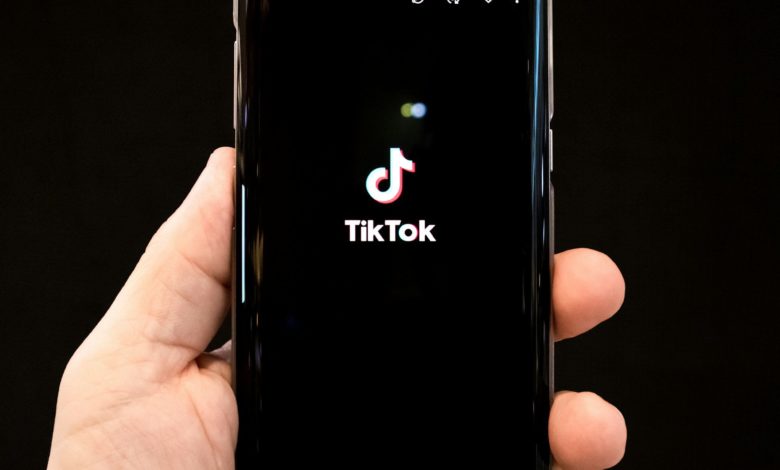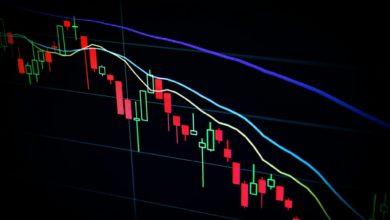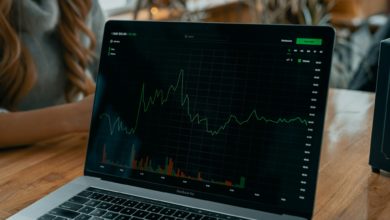Oracle Surges as US-China Reach TikTok Framework Deal: What It Means for the Company

U.S. and Chinese officials announced a framework agreement on Monday that would allow TikTok to continue operating in the United States under U.S. control. The agreement was reached during trade talks in Madrid, with Treasury Secretary Scott Bessent confirming the framework, although many commercial and technical details remain undisclosed. President Trump and President Xi Jinping are expected to speak later this week to finalize remaining aspects of the deal.
Oracle has been widely speculated to take a leading role in the deal, potentially helping to run the U.S. operations of TikTok or assisting with data stewardship. Analysts suggest Oracle’s existing obligations, like its role in storing U.S. TikTok user data under “Project Texas”, give it an advantage.
Why Oracle Jumped
Oracle shares rose more than 3% on the news of the preliminary deal, with intraday highs reaching as much as 5% before settling. The jump showcases investor optimism that the framework deal could lead to Oracle gaining a significant role or stake in TikTok’s U.S. restructuring.
Beyond the TikTok implications, Oracle has also been riding the momentum from its cloud business and recent growth projections. Its projected cloud revenue outlook and partnerships in AI-related fields are helping solidify confidence that it can capitalize on the deal’s upside.
Broader Implications of the Deal
This framework deal is more than just TikTok’s reprieve; it highlights growing pressure from U.S. national security concerns over foreign-owned tech platforms. Lawmakers had passed a law forcing ByteDance to divest U.S. operations or face a ban, and this deal may finally provide a pathway to compliance.
Oracle’s potential involvement could set precedents for how ownership, data control, and algorithm oversight are handled in future cross-border tech disputes. Questions remain about how much influence ByteDance might retain, especially over TikTok’s recommendation algorithm, and whether U.S. entities like Oracle will have full control or oversight.
Risks and Uncertainties
Even with a framework in place, many pieces are still missing. The commercial terms, ownership breakdown, algorithm control, and data security protections have yet to be clarified. Without these details, legal, regulatory, or political challenges could reappear.
There’s also the timetable: ByteDance had faced a September 17 deadline for U.S. divestment, but reports suggest that may now be extended to give time for negotiations. If the final deal isn’t acceptable to both U.S. and Chinese lawmakers, or is perceived as too lenient, it may face resistance in Congress or from national security agencies.
Looking Ahead
In the coming days, a lot hinges on the meeting between President Trump and President Xi Jinping. That call is expected to help finalize or at least clarify many of the outstanding deal terms, including ownership structure, algorithm oversight, and how ByteDance may or may not retain any role. For Oracle, the question will be how deeply involved it becomes — whether as a major stakeholder, as the data custodian under “Project Texas,” or in some hybrid role. If Oracle secures a strong position, the company could see a long-term benefit both in terms of revenue from cloud/data contracts and enhanced reputation in government-trusted tech.
However, Oracle and all involved parties must navigate regulatory risk, public scrutiny, and political opposition. Any sign that security concerns are not fully addressed — especially algorithm access or foreign influence — could lead to legal challenges or backlash.




